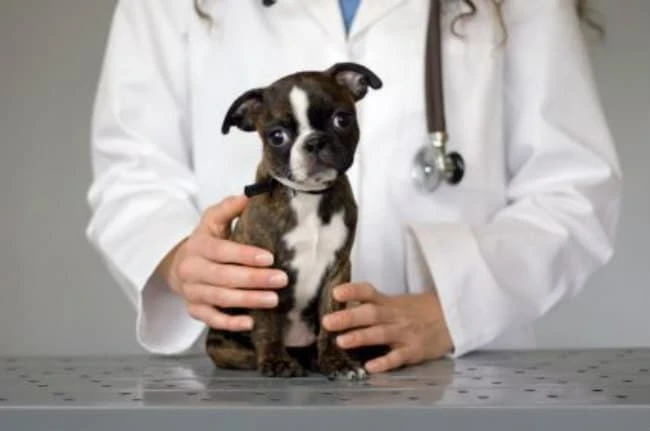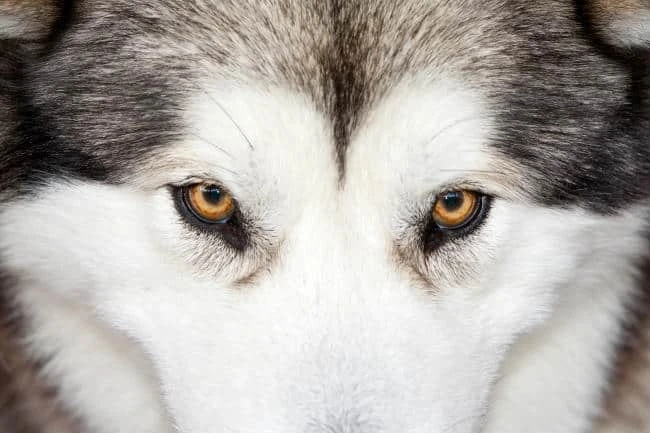Bladder Cancer In Dogs

Tumors and bladder cancer in dogs is actually fairly rare but if your dog does experience this type of cancer then symptoms can include blood in the urine, cystitis, difficulty when attempting to urinate, breathing problems, abdominal pain, vomiting, poor appetite, coughing and a reluctance to go for a walk or exercise.
If the cancer (tumor) spreads to other areas it can cause a variety of symptoms depending on where the cancer has spread and what organ is affected.
Another symptom of this condition can also include your dog wanting to urinate more often than usual but when he actually attempts to go only a small amount of urine is passed.
Although it is still incredibly rare (and one of the rarest types of cancers) the most common type of bladder cancer is known as TCC or Transitional Cell Carcinoma. However, just because it is rare (with some experts estimating that it equates to a minuscule 0.5% to 2.0% of all canine cancers) with 78 million dogs in the United States and 7.3 million dogs in the UK bladder cancer will still affect many thousands of dogs across the US, UK and around the World.
So, what is Transitional Cell Carcinoma?
Transitional Cell Carcinoma (or TCC for short) is a cancer that is more common in older female dogs and affects the urinary tract system with the tumor effectively growing inside the deeper layers of the bladder wall.
If the tumor is not noticed by the owner or develops without veterinary intervention the malignant tumor will continue to grow possibly causing a blockage. If this happens it can stop the urine traveling from the kidneys to the bladder or even blocking the urine from exiting the dog’s body.
Can bladder cancer in dogs spread?
Yes it is possible for the cancer to spread and metastasize to other areas of your dogs body including the lymph nodes, lungs, liver and so on…
It is also possible for Transitional Cell Carcinoma to develop in the kidneys, lungs, ureters, urethra and prostate – TCC is also more common in certain breeds including Scottish Terriers.
What causes TCC bladder cancer in dogs?
The actual causes of this type of cancer are not fully understood but experts have managed to conclude that certain dog breeds are more prone to developing it including Scottish Terriers, Westies, Beagles and Shetland Sheepdogs. Older female dogs are also more prone to developing TCC in the bladder.
Other causes of bladder cancer in dogs can include environmental factors such as lawn care chemicals (containing 2,4D), older flea dips, insecticides, pesticides and herbicides. Studies are still determining whether smoking around dogs could cause the condition.
Diagnosis and treatment for bladder cancer in dogs
Bladder cancer in dogs is normally diagnosed through a tissue biopsy. The reason for this is that there are a number of other medical conditions that can cause similar symptoms including a bladder infection – this can also cause abnormal results if ultrasound is performed – consequently the most accurate way to diagnose the condition is through a biopsy.
Treatment for bladder cancer in dogs can include surgery (this will depend on where the tumor has started to grow). If the growth is close to the top or neck of the urethra and bladder then surgery may be too risky. Radiation therapy, chemotherapy and cancer drugs may also be utilized to treat the condition.
Any type of cancer that affects your beloved dog or puppy is a serious and upsetting condition which will need urgent treatment so that the tumor can be removed or treated in it’s earliest stages.
Below are some of the treatments for cancer in dogs
Surgery With bladder cancer in dogs surgery may not always be an option but with other types it may be possible. Sometimes surgery may be performed to remove the tumor completely or to make it smaller so that it can be removed.
Chemotherapy This is when drugs are used to kill as many of the cancerous cells as possible. However, it is important that non-cancerous cells are not killed or left damaged. There are side effects of chemotherapy including sickness and nausea.
Radiation Radiation is when X-rays are used to treat cancerous tissues. Again, it is important that non-cancerous tissues are not damaged.
Cryotherapy This is when probes are used to freeze cancerous tissues. Normal tissue should not be damaged.
Hyperthermy Hyperthermy is used to treat cancer with heated probes heating the cancerous tissues to destroy them. It is not always possible to find veterinary surgeries that perform this type of surgical intervention.
Diet The diet is always very important in any dog or puppy’s health. Expert studies suggests that a diet that is free of simple sugars and does not have many moderate sugars (carbohydrates) is the most beneficialcancer diet. Easily digested proteins should also be limited to a moderate level. The diet should also include a set amount of fats – if you are unsure then you should speak to your vet.





